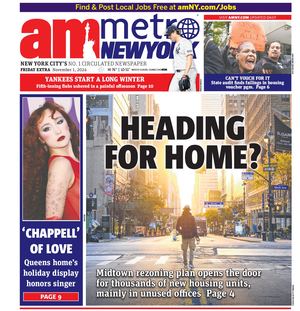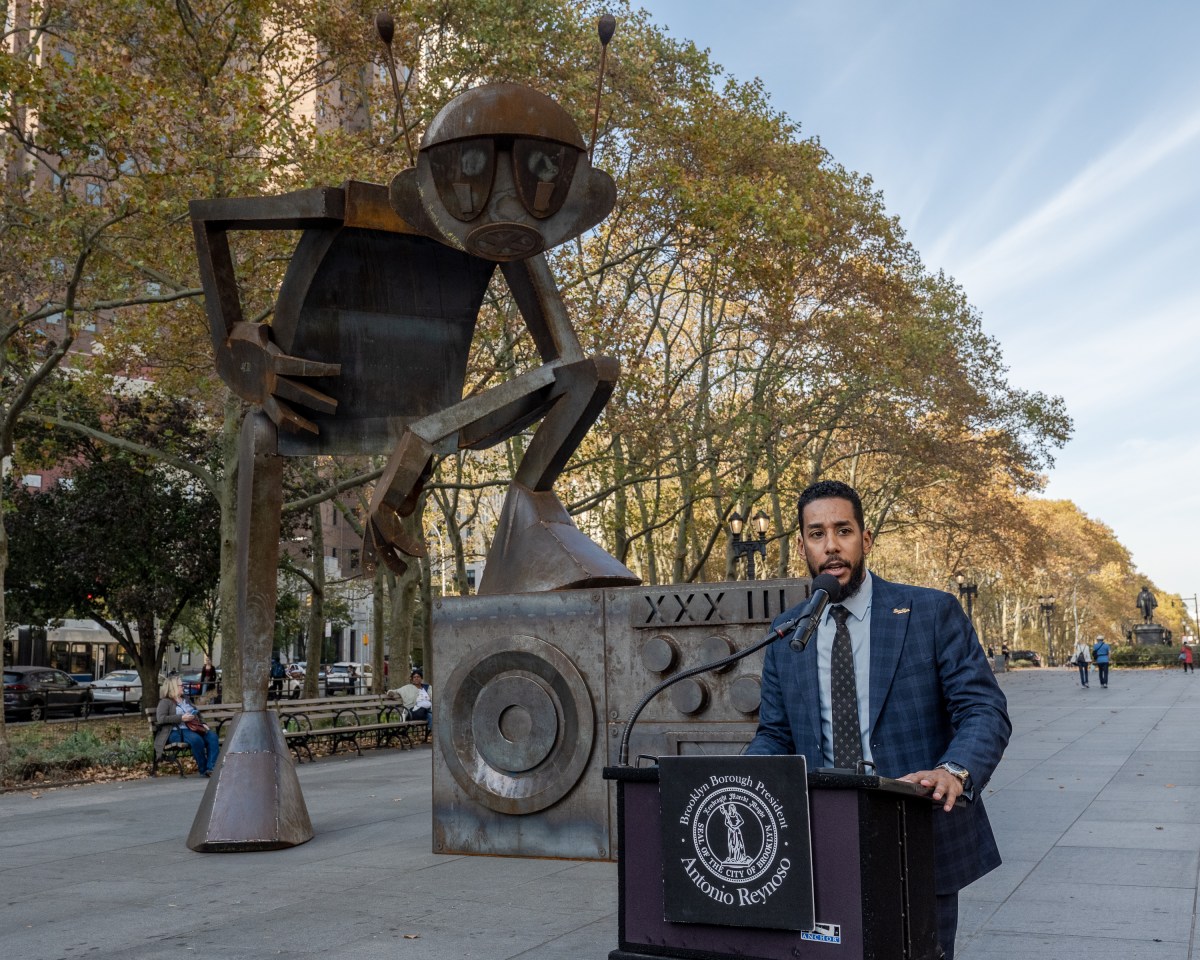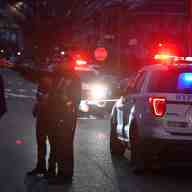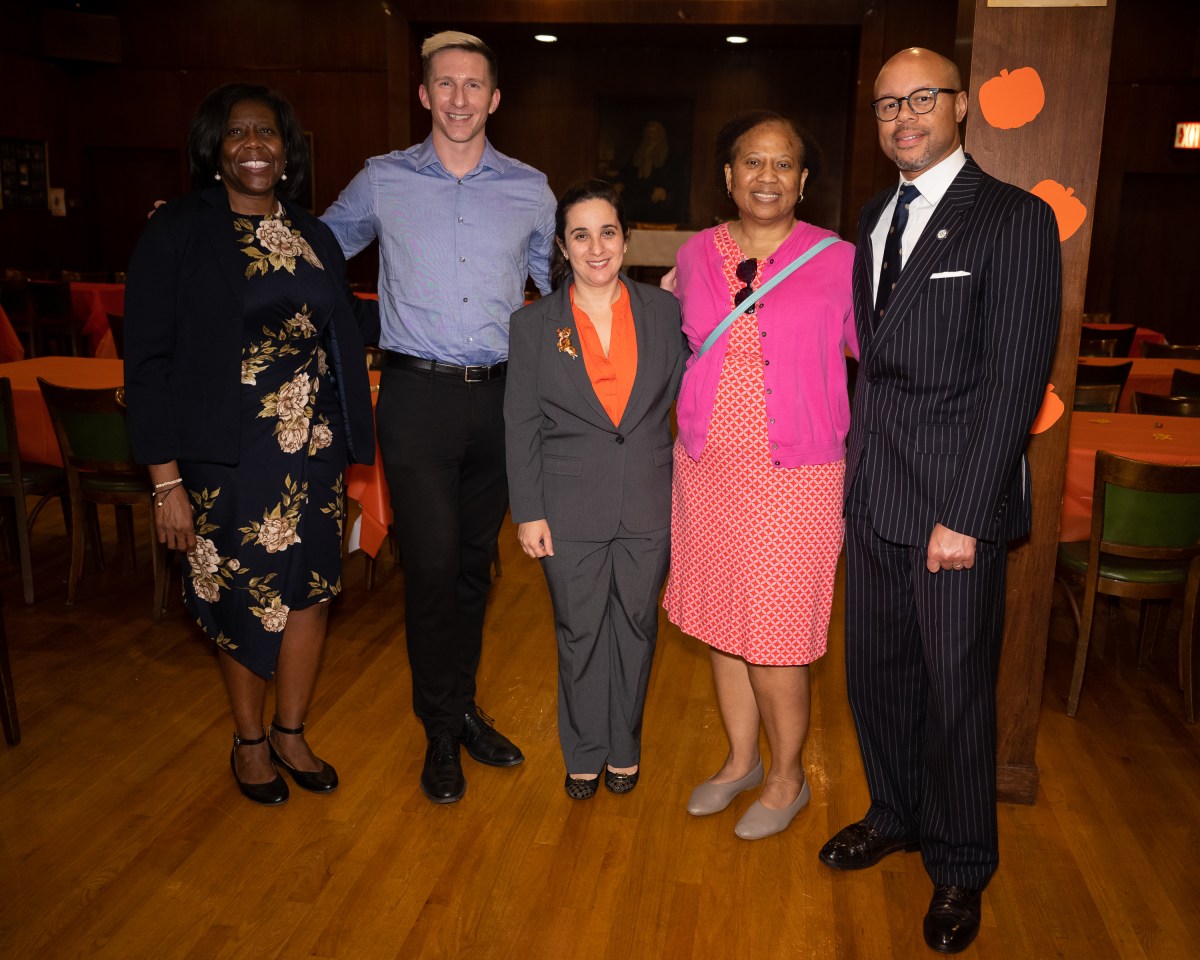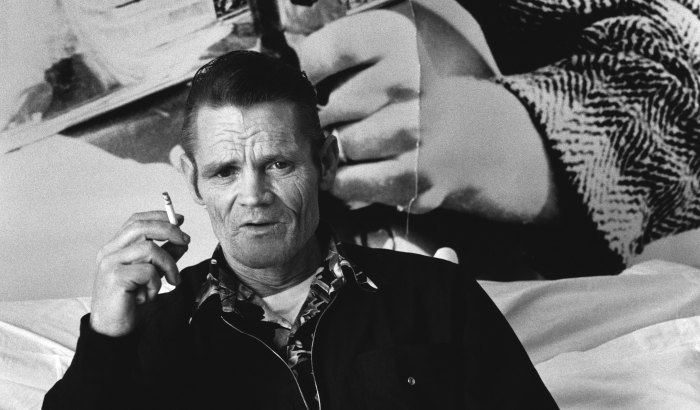Undercover female subway cops are fighting an uptick in transit sex crimes this year, the NYPD said Monday.
As of April, two female officers are now on each transit plainclothes team that targets subway assailants.
The officers will approach victims when they see a sex crime occur, and even take their statement on the platform to save them time.
“These crimes take a serious emotional and physical toll on victims — the majority of whom are women,” said Chief Joseph Fox, who heads the department’s transit bureau, during an MTA committee meeting.
“We know they’re more comfortable with female police officers,” he added.
There have been 343 sex offenses in subways this year — a 7.8% increase from 319 at this point in 2014. The crimes against subway riders range from sex assaults and gropings to public lewdness.
Accounting for almost 80% of all reported sex crimes in transit this year are forcible touching, about 44%, and public lewdness, about 34%. Fox said the assailants that prey on platforms typically stand near the stairs, in the most crowded part of the station — and don’t get on the train when it pulls in.
“Most people don’t go into the subway for leisure, they go in for travel,” he said, referring to what cops look for when trying to identify a potential pervert.
“They get into this kind of zone where they are about to commit their crime, it becomes an obsession with finding the right victim,” he said.”
The attacks happen on the most crowded subway lines and often when there are several minutes in between stations so the assailant has enough time for the attack, authorities said.
Almost 60% of incidents the NYPD learned about in 2014 came from an officer witnessing the crime firsthand and arresting the assailant. The police might not have learned about an attack if there wasn’t a cop there.
“While the number of times an officer is able to intervene in these cases may seem high, it demonstrates a troubling fact,” Fox said. “Many sex offenses continue to go unreported.”
The rise in sex crimes may partially attributed to more victims and witnesses coming forward. The MTA launched a campaign last fall urging riders to report any sexual misconduct in the subway — whether a victim or a witness. An attack can be reported through the MTA website, a phone call, or to a worker, and is forwarded to the NYPD.
The MTA said it has learned of more than 200 incidents since launching the campaign. Transit detectives investigate all reports, police said.
“It is intolerable to think that women in this day and age are subjected to that kind of treatment in our city under any set of circumstances,” said Charles Moerdler, an MTA board member, yesterday.
The NYPD has also been working with Hollaback, an advocacy group that fights street harassment. The group has trained 120 cops on interacting with sex crime victims since it began working with the NYPD to last year.
“In New York City, we’ve trained rookies, as well as higher-ranking transit officers within the NYPD network,” it said in a statement.
The group said that victims may not tell law-enforcement about attacks because they could feel re-traumatized when sharing the experience, and may fear that their story will not be believed. Other riders may feel stigmatized because of their ethnic background or sexual orientation.
“Our main message to women in particular and to our riders is that we care,” said Fox. “The criminal justice system cares.”
